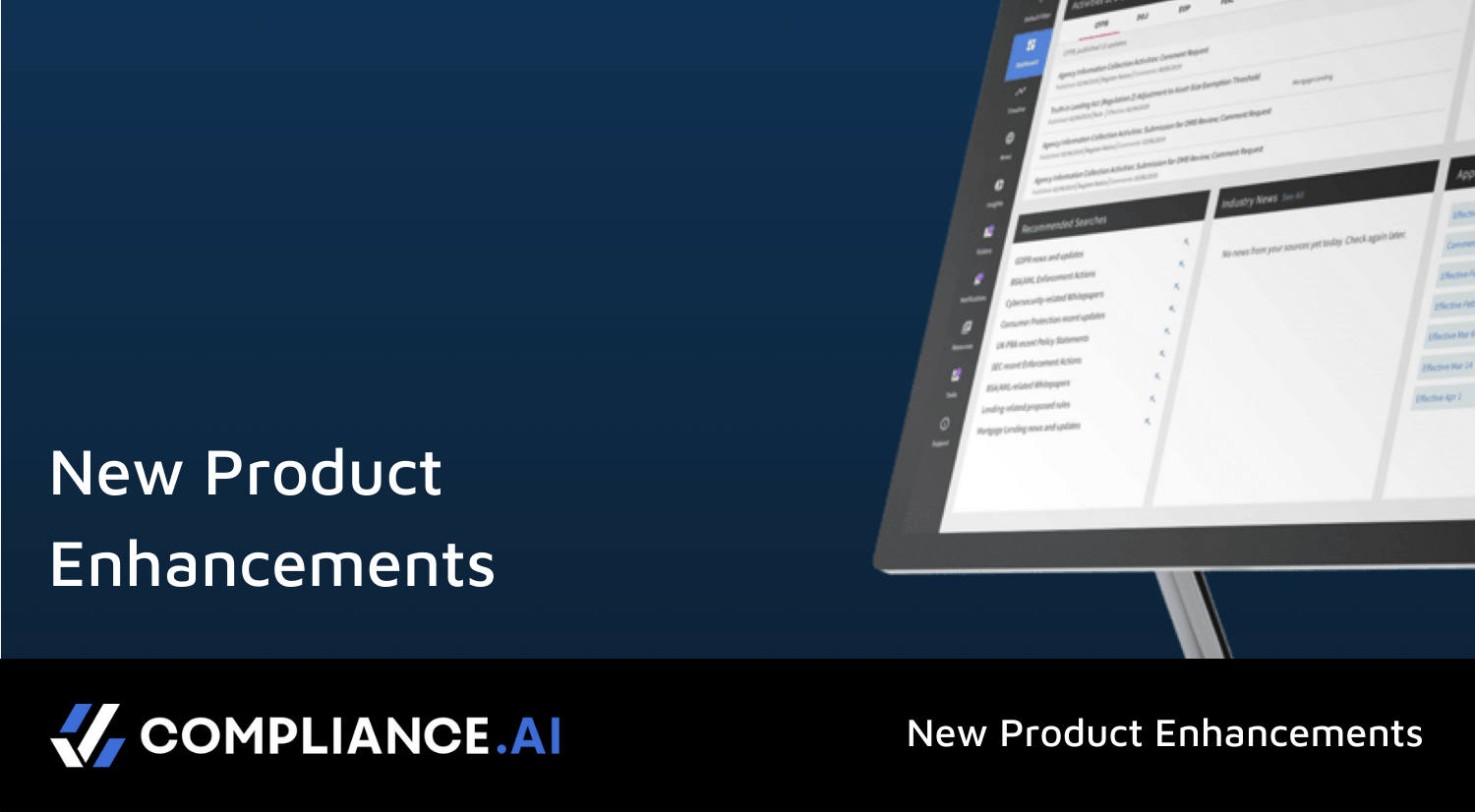
Is self-reporting an effective way of curbing U.S. Security and Exchange Commission fines and penalties?
It’s the right thing to do, and it can work in your favor.
Case in point, on March 11, 2019, the SEC reported a settlement agreement with 179 U.S investment advisors that imposed no penalties for violation of Section 206(2) and Section 207 of the Investment Advisers Act of 1940 https://www.sec.gov/news/press-release/2019-28.
The violation charged the investment management firms with “failing to include adequate disclosure regarding the receipt of 12b-1 fees; and/or failing to adequately disclose additional compensation received for investing clients in a fund’s 12b-1 fee-paying share class when a lower-cost share class was available for the same fund.”
While each firm had to consent to a cease-and-deceased order and had to pay back “improperly disclosed fees and distribute these monies with prejudgment interest to affected advisory clients,” none of the firms had to admit to any negative findings.
More importantly, no financial penalties were leveled against each of the 79 investment advisory firms, a move that is growing increasingly common in SEC cases involving financial services firms that self-report compliance violations.
“Consistent with the terms of the initiative, the Commission has agreed not to impose penalties against the investment advisers,” the SEC noted in a March 11, 2019 statement.
It’s not like the SEC hasn’t been dropping hints that it’s leaning toward greater leniency when investment firms self-report compliance violations.
Much like the police detective who tells a person suspected of a crime to confess, and that admittance now will help a judge and jury “go easier on you” later, the SEC is becoming fairly open about cutting investment firms a break when they self-report.
Action Steps in the Era of Self-Reporting
What can financial services firms do to take advantage of a newly-lenient SEC when it comes to self-reporting compliance violations? These action steps represent a good head start:
Go full bore. At a September 12, 2019 bond attorney’s conference in Chicago, Steve Varholik, senior counsel at the SEC’s Public Finance Abuse Unit, told attendees that there, indeed, was “value” in self-reporting compliance abuses, in comments to Bond Buyer.
But there are limits to the agency’s charitable demeanor.
When the SEC is approached by attorneys from financial firms looking to divulge inappropriate compliance actions, “sometimes the words don’t match the actions,” Varholik further stated. “Compliance is not the same as cooperation.”
Thus, it’s important for investment companies who are self-reporting to go “all in” when self-reporting compliance abuses, especially when conducting internal investigations. The more proactive the self-reporting, the higher the odds an investment firm will cut a better deal with financial regulators. As Varholik told conference attendees, if you’re going to self-report and self-investigate, do it fully and not halfway.
Weigh the Risks
Self-reporting a compliance problem does come with risk. An investment firm may open itself up to an SEC investigation that lasts a year or two and could cause legal fees and staffing times to accumulate, which runs the risk of a company collapsing under the financial weight of dealing with a compliance investigation.
On the other hand, not reporting runs a more severe risk — most notably, the SEC finding out about the compliance issue via a whistleblower or through a routine examination. If one of these scenarios occurs, the money management firm could face severe fines and penalties, especially if investigators accuse the firm of hiding the compliance infraction.
That’s why it’s a good idea for an investment management company, particularly a smaller one, to bring in expert legal counsel once an infraction is uncovered.
Be fully transparent with the compliance issue and follow your legal team’s advice down to the letter, whether that means documenting the issue (along with the decision-making process) and not self-reporting, or taking the issue to securities regulators right away.
Review Your Investment Management Policies. Lastly, it’s a good idea for investment firms to thoroughly review their investment policies and procedures.
The idea is to create, implement and track compliance programs that emulate the best industry practices. In doing so, build a solid team to oversee your company compliance policy review, including senior decision-makers from the legal, compliance, operations, investment and sales areas.
Undertake your review by having all your company stakeholders review your compliance policies from all angles. Doing so will tighten your compliance significantly, and help reduce the risk of triggering a compliance investigation, either internally or via industry regulators, going forward.
Tags: compliance, RegTech, SEC, self-reporting





